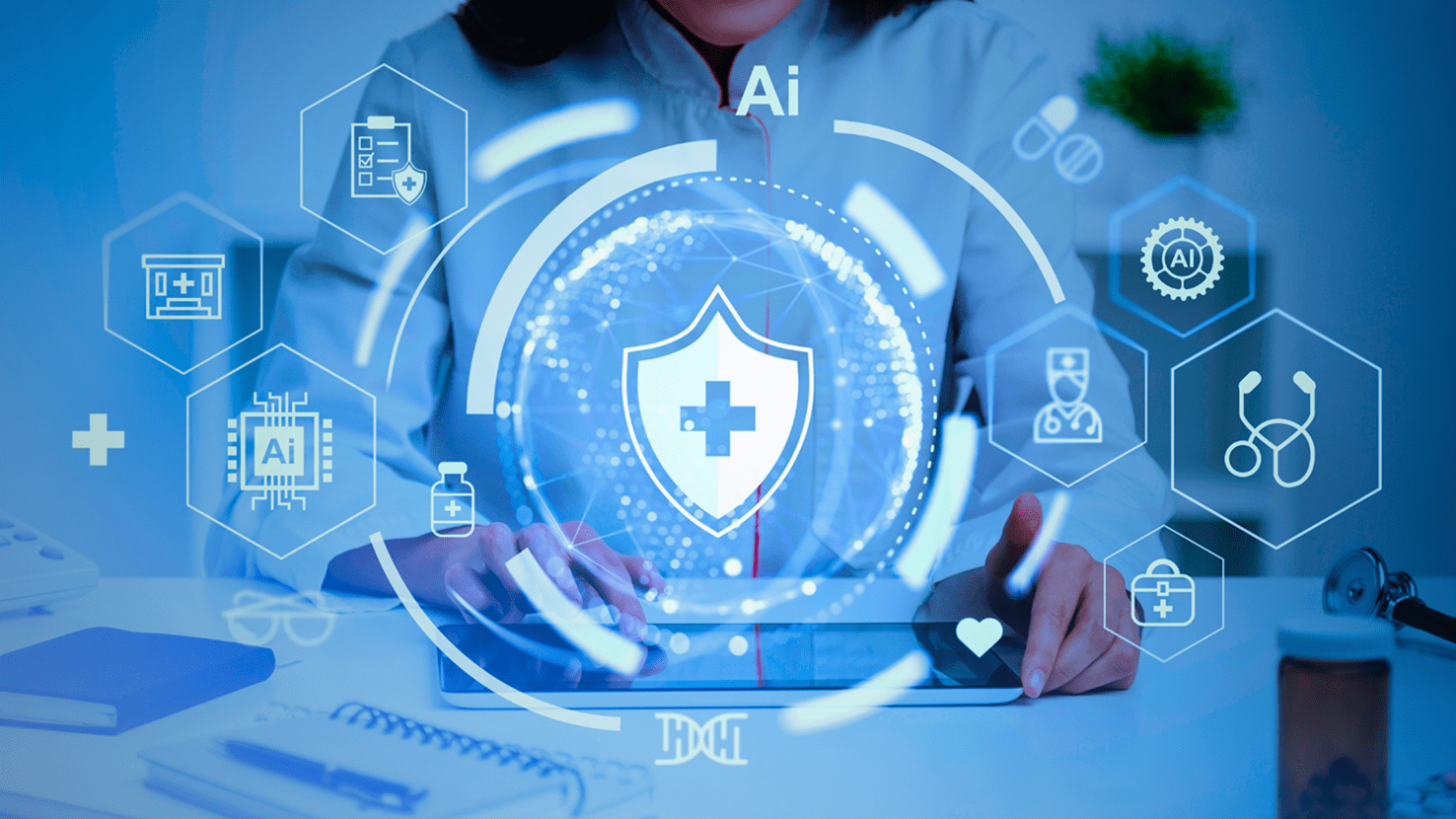Imagine walking into a clinic and skipping the paperwork because the system already knows your health history, even that weird kiwi allergy. Sounds like sci-fi, but it’s real and it’s called personalized medicine. Unlike traditional care that treats you like an average statistic, personalized medicine customizes treatments based on your DNA, lifestyle, and even smartwatch data. It’s healthcare tailored to you, not the celery-juice-drinking cousin you barely tolerate.
AI: The Brain Behind the Breakthrough
AI doesn’t just analyze data, it devours it. Feed it millions of records, and it spots disease patterns, treatment reactions, and risk factors faster than any human team. It learns from data and keeps getting smarter, which is more than we can say for some of us after 5 p.m.
Genomics + AI = A Dynamic Duo
Genomics, once an elite science, now takes just a cheek swab and a couple of hundred bucks. AI uses this data to predict disease risks and suggest targeted treatments. If your DNA resists a drug, AI steers your doctor to one that works before trial-and-error begins. Smart and life-saving.

Real-Time Health Monitoring
Today’s wearables track far more than steps. Heart rate, oxygen levels, sleep, these tiny devices feed live data to AI, flagging anomalies before you even feel them. Like a warning before you faint mid-spin class. Not bad for a wristwatch.
AI in Cancer and Drug Development
Cancer’s unpredictable, but AI makes it less so. By analyzing tumor genetics and clinical trial data, systems like IBM Watson guide oncologists to the best therapies for each patient. Drug development also benefits: AI simulations predict compound effects, slashing years off traditional timelines. During COVID-19, AI identified antiviral candidates in days.
The Bumps in the Road
No revolution comes without glitches. First up: data privacy. Your health data must be guarded like treasure. Then there’s bias. If the training data lacks diversity, AI misses the mark for many patients. Some physicians resist tech, and patients face confusing questions like “Are Medicare Part B premiums tax deductible?” (Answer: sometimes, ask your CPA.)
Still, We Need Humans
AI can crunch numbers, but it won’t hold your hand during chemo or cheer you on post-surgery. Doctors and nurses remain the heart of healthcare. AI simply gives them superpowers, minus the cape. Unless we vote yes on capes.
AI is already reshaping medicine. Faster diagnoses, tailored treatments, and fewer “let’s see if this works” prescriptions. The future of healthcare is intelligent, empathetic, and yes, already knocking at your clinic’s door. Let’s just hope it remembers to update overnight, unlike your phone.
This is a sponsored post by DesignRush. All reviews and opinions expressed in this post are not based on the views and opinions of Tomorrow’s World Today.







